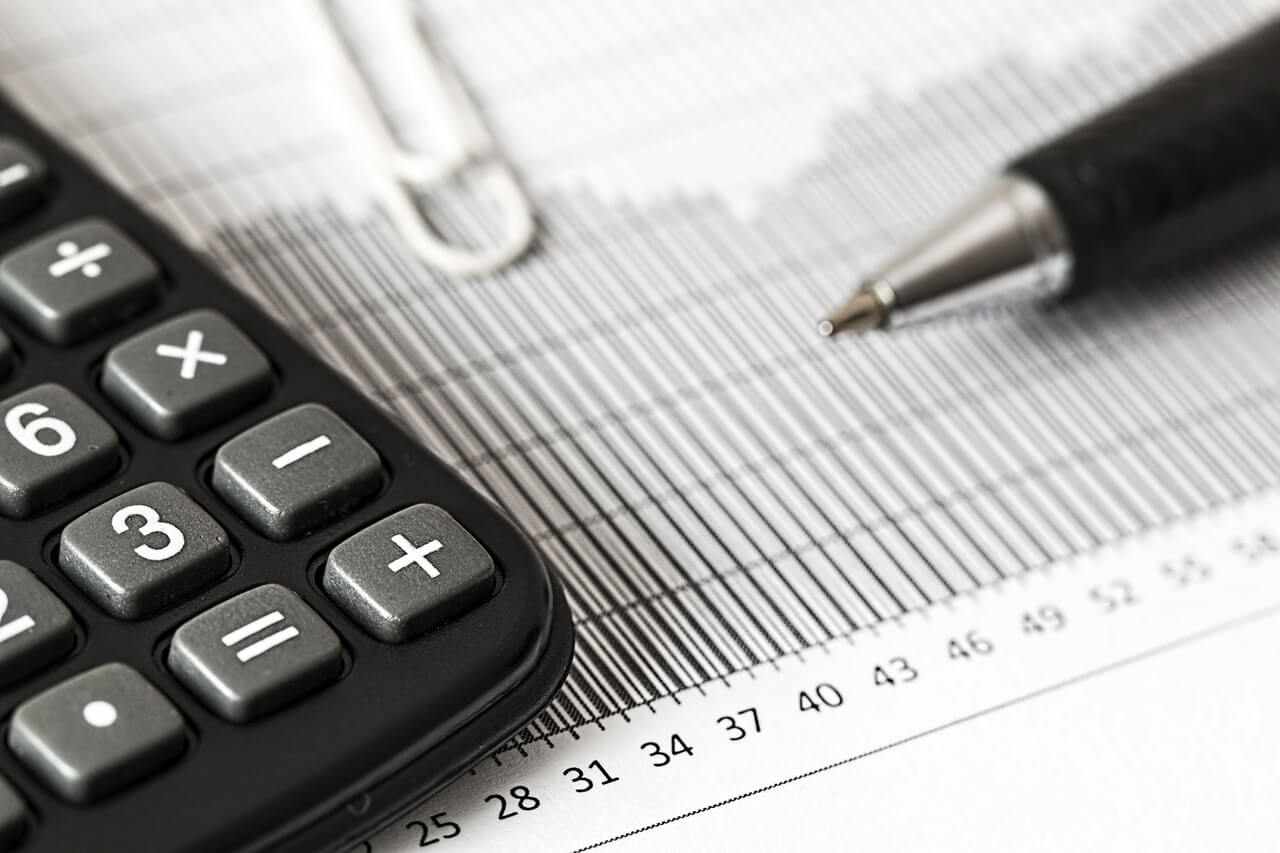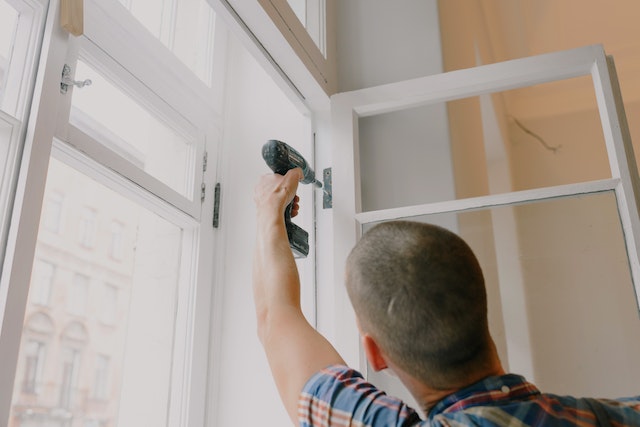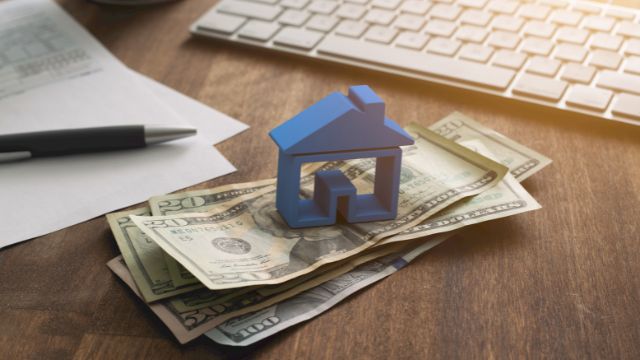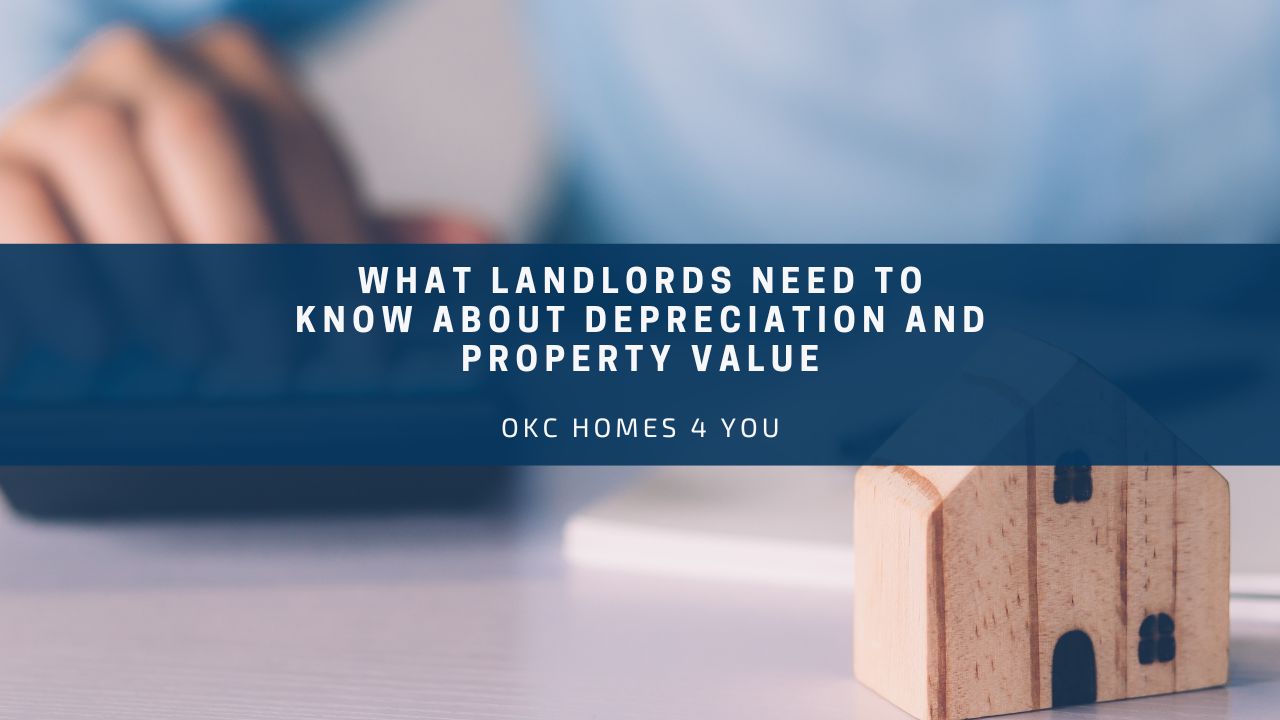Key Takeaways
- Depreciation Directly Impacts Long-Term Value and Profitability - Depreciation affects your property’s real-world worth, rental potential, and resale value. Oklahoma landlords who understand how wear, age, and market shifts influence depreciation can make smarter choices about maintenance, upgrades, and pricing to keep their investments profitable over time.
- Smart Maintenance and Upgrades Slow Depreciation - While depreciation is inevitable, landlords can minimize its effects through consistent upkeep and strategic improvements. Regular maintenance, energy-efficient upgrades, and cosmetic enhancements not only extend the life of a property but also attract quality residents and preserve market value.
- Depreciation Offers Valuable Tax Advantages When Managed Properly - Understanding how to calculate and document depreciation correctly allows landlords to benefit from annual tax deductions, improved cash flow, and better reinvestment opportunities. With guidance from experts like OKC Homes 4 You, Oklahoma property owners can use depreciation strategically to strengthen both short- and long-term returns.
Have you ever wondered how much of your rental property’s worth is being affected by depreciation, and what that really means for you as a landlord? Many property owners focus heavily on monthly income while overlooking how long-term wear and tear, market conditions, and tax considerations shape the overall value of their real estate investment.

Understanding depreciation directly impacts how you plan for maintenance, upgrades, and even future sales. For investors in Oklahoma, OKC Homes 4 You knows how important it is for landlords to grasp these concepts clearly so they can protect their property’s long-term value and maximize returns.
Understanding the Basics of Depreciation for Rental Properties
Depreciation is the gradual decline in the value of your rental property over time due to aging, wear, and regular use. As a landlord, this is important because it directly impacts both your property’s market worth, taxes, and your financial planning.
Key points to understand include:
- What causes depreciation? Natural wear, outdated systems, or even market preferences.
- Why does it matter? Depreciation influences your return on investment and future resale value.
- Who benefits from understanding it? Landlords in Oklahoma can make better decisions about when to renovate, how to price their rental, and how to maximize long-term profit.
By seeing depreciation as more than just numbers, landlords gain clarity on how their property grows or declines in value year after year.
How Depreciation Impacts Your Property’s Long-Term Value?
As a landlord, you need to look beyond monthly rent checks and think about how your property performs over the years. Depreciation directly shapes that outcome because it affects how much your asset will be worth in the future.

Here is how depreciation plays a role:
- Resale Value: A property with poor upkeep loses more value, making it harder to sell at a strong price later.
- Resident Appeal: Homes showing visible signs of aging are less attractive to quality residents, which could lower rental income.
- Equity Building: Depreciation reduces your property’s book value, which can impact refinancing or loan opportunities.
Landlords who stay mindful of depreciation are in a stronger position to balance current rental income with future appreciation, ensuring their property remains a profitable investment for decades.
Key Factors That Contribute to Property Depreciation
Depreciation results from specific factors that landlords should monitor carefully. By knowing what these are, you can stay ahead and make practical choices to protect your investment.
The most common contributors include:
- Age of the Property: Older structures naturally experience wear and tear, and outdated features.
- Maintenance Level: Neglecting repairs or upgrades can significantly accelerate depreciation.
- Local Market Conditions: Shifts in demand or neighbourhood trends in Oklahoma City can significantly impact property values.
- Physical Environment: Weather conditions can take a toll on roofs, siding, and foundations.
Landlords who pay attention to these elements are better equipped to reduce unnecessary depreciation and maintain higher property values over time.
The Role of Improvements and Upgrades in Slowing Depreciation
While depreciation is inevitable, landlords can slow its pace by making smart improvements. Every upgrade you invest in adds years of value to your property while also attracting reliable residents.

Effective strategies include:
- Regular Maintenance: Timely repairs for plumbing, roofing, or electrical systems prevent bigger issues that cause faster depreciation.
- Cosmetic Upgrades: Fresh paint, updated flooring, or modern appliances make the property more appealing to residents.
- Energy Efficiency: Installing better insulation, windows, or energy-saving systems not only reduces operating costs but also boosts market value.
For landlords in Oklahoma, where properties are impacted by both extreme weather and market competition, consistent improvements ensure your rental remains desirable and retains value longer. Viewing upgrades as investments instead of expenses helps preserve property worth well into the future.
Tax Benefits Landlords Can Gain Through Depreciation
Depreciation is not only about property value decline; it also provides landlords with meaningful tax savings. By treating part of your property’s cost as an expense over time, you reduce taxable income and improve cash flow. This makes it easier to reinvest in your property and grow long-term returns.
Key benefits include:
- Annual Deductions: Claim depreciation each year to lower taxable rental income.
- Capital Improvements: Large upgrades like new roofing or HVAC can be depreciated, easing financial pressure.
- Cash Flow Advantage: Savings from deductions free up funds for maintenance or new investments.
- Tax Planning: Proper depreciation records help prepare for potential recapture when selling.
For landlords in Oklahoma, these advantages make depreciation a powerful tool for protecting profitability.
Common Mistakes Landlords Make When Calculating Depreciation
While depreciation offers benefits, missteps can lead to lost savings or tax issues. Landlords often make errors by misclassifying costs or failing to track important details.

Knowing these common pitfalls helps you stay compliant and maximize your returns. Mistakes to avoid include:
- Depreciating Land: Only the structure and improvements qualify, not the land itself.
- Mixing Repairs and Improvements: Repairs are deductible immediately, while improvements must be depreciated.
- Incorrect Start Date: Noting the incorrect timing can result in tax issues.
- Poor Documentation: Missing invoices or unclear records reduce credibility and increase audit risk.
- Over-reliance on Software: Tools help, but professional review ensures accuracy with Oklahoma-specific rules.
By staying organized and informed, landlords can avoid costly errors and keep their tax strategy strong.
Bottom Line
Understanding depreciation and its impact on property value is key to making informed decisions as a landlord. From tax planning to smart upgrades, every choice you make influences long-term profitability.
For investors in Oklahoma, OKC Homes 4 You is here to guide you with expert insight and local market knowledge. Whether you want to protect your current property or plan for future growth, reach out to our professional management team today to discuss the best options for your rental investment and ensure lasting success.





